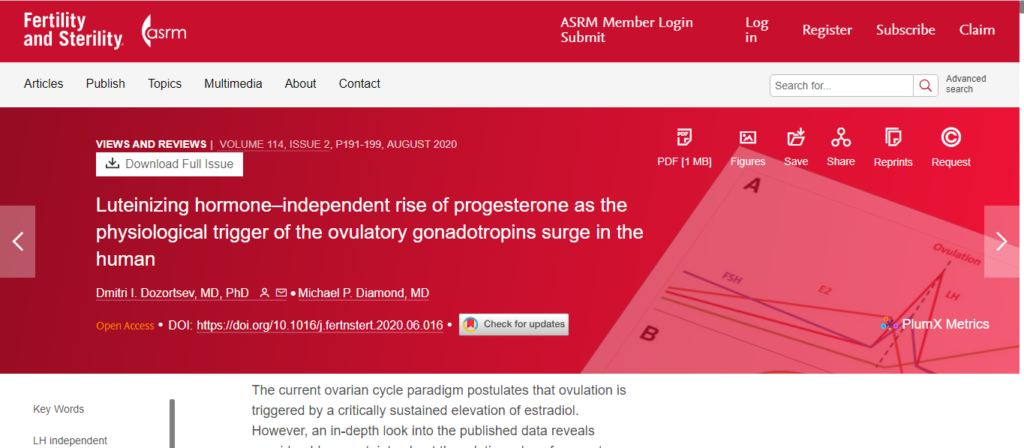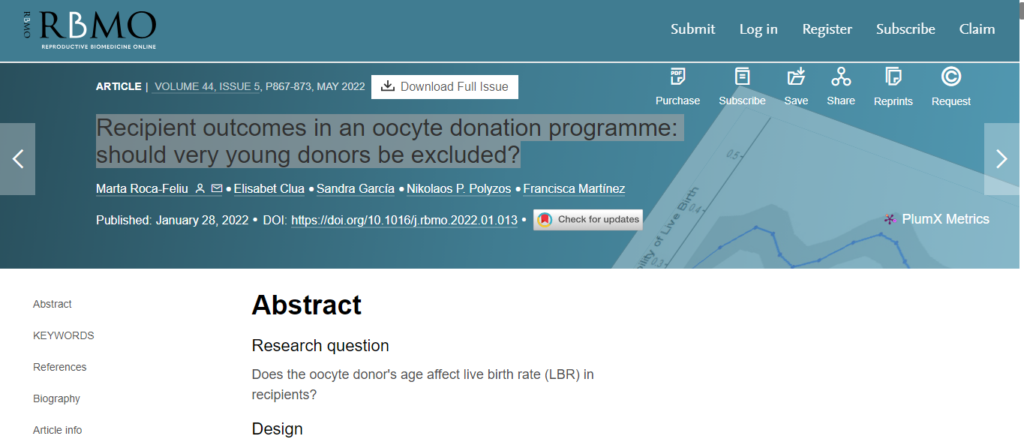For couples seeking IVF treatment, genetic counseling could be a crucial first step.
Every year, millions of couples struggling to conceive turn to In Vitro Fertilization (IVF). According to the Centers for Disease Control and Prevention, approximately 1.7% of babies born in the US each year are conceived with the support of Assisted Reproductive Technology (ART).
If you’re coping with infertility or recurrent miscarriages and considering IVF, genetic counseling may be an important first step. This process can help you better understand your infertility and make more informed decisions as you move forward with IVF.
The Role of Genetic Counseling
Genetic counseling serves two functions — to help identify if a genetic condition is at the root of your infertility, and to increase your chances of successful implantation through IVF.
What causes infertility and persistent miscarriages varies depending on the couple. While in many cases it’s a result of hormonal or anatomical factors, some couples do experience difficulty conceiving for genetic reasons. For both men and women, this can be in the form of a chromosome translocation, an abnormality in which chromosomes swap material. Balanced translocations are responsible for up to 5% of couples facing recurrent miscarriages.
Other genetic factors for men include Klinefelter syndrome and Y chromosome deletions, two conditions that can limit sperm production. Women may be at risk for genetic ovulatory disorders, including Kallmann syndrome and fragile X syndrome. Genetic screening can identify if a chromosomal abnormality is behind your difficulties conceiving and help you better understand your treatment options.
Chromosomal abnormalities are also a primary cause of failed IVF attempts. This has led many couples to undergo preimplantation genetic testing. Preimplantation genetic testing can determine which embryos carry genetic abnormalities, thereby giving couples the option to remove those embryos from the sample and increase their chances of successful implantation. Men and women who have a history of life-altering genetic disorders, including muscular dystrophy, cystic fibrosis, and breast and ovarian cancer, may also choose to use preimplantation genetic testing to select embryos with a lower risk.
Types of Preimplantation Genetic Tests
There are two forms of preimplantation genetic tests — preimplantation genetic screening (PGS) and preimplantation genetic diagnosis (PGD). Both PGS and PGD can help increase the chances of a successful birth through IVF and lower the risk of passing on a genetic disorder.
PGS differs from PGD in that it examines each embryo to determine the number of chromosomes it contains. A healthy embryo should have 46 chromosomes — 23 from each parent. An embryo that is missing a chromosome or has an extra one is called an aneuploidy. An aneuploidy is more likely to result in failed implantation, miscarriage, or genetic defects, including Down syndrome, Turner syndrome, and Patau syndrome. A couple considering IVF should see a genetic counselor for PGS if they:
- Have had an aneuploidy pregnancy in the past
- Have experienced at least two miscarriages or previous trouble with implantation
- Have been diagnosed with infertility
- Are over 35 years old
Some couples may choose PGD in addition to or independently from PGS. PGD inspects embryos for genetic mutations that either one or both of the parents believe they carry. These mutations can appear in the form of several genetic disorders, including Huntington’s disease, sickle cell anemia, muscular dystrophy, cystic fibrosis, fragile X syndrome, Tay-Sachs disease, and hereditary forms of breast and ovarian cancer. Couples with a family history of single-gene disorders such as these and those who have experienced repeated IVF failures or recurrent miscarriages should discuss PGD with a genetic counselor.
To learn more about genetic counseling and whether PGS or PGD should be a part of your IVF treatment, contact Advanced Fertility Center of Texas and set up a consultation.



